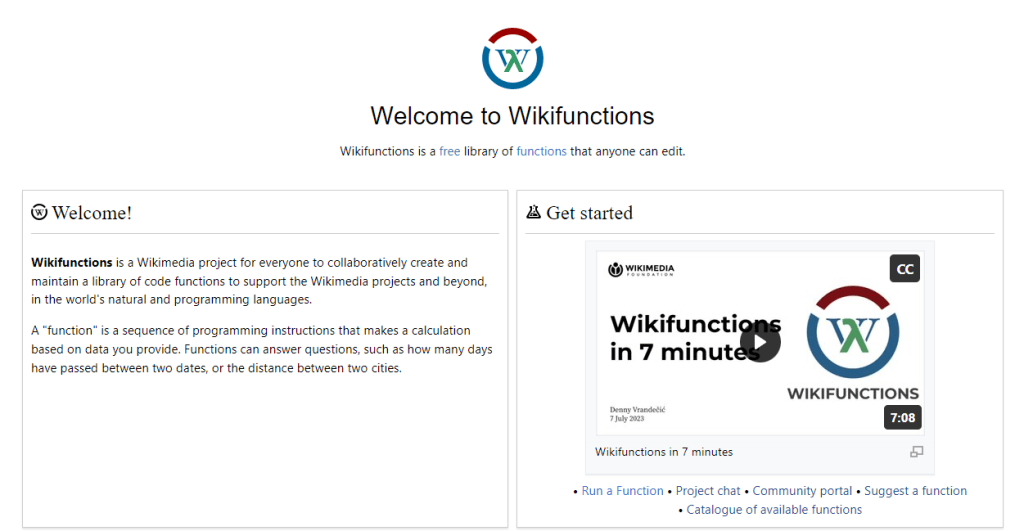Golems GABB: Efficient Token Usage in Drupal: Practical Tips and Examples
Editor
Thu, 03/28/2024 – 12:54
If you want hassle-free and efficient content generation and management, Drupal is the right choice. With several modules and tokens, it will help you create a dynamic and versatile data environment to cater to your audience’s needs and search engine guidelines. Lamborghini, Doctors Without Borders, and Nokia illustrate how applicable and productive this system is.
You must discover the solution’s features in more detail to get started and advance your content generation strategy. It will come in handy to lead your Drupal scenario from scratch to scratch without difficulty. Stay tuned to find out more about token implementation scenarios at your disposal. Mind the gap!

